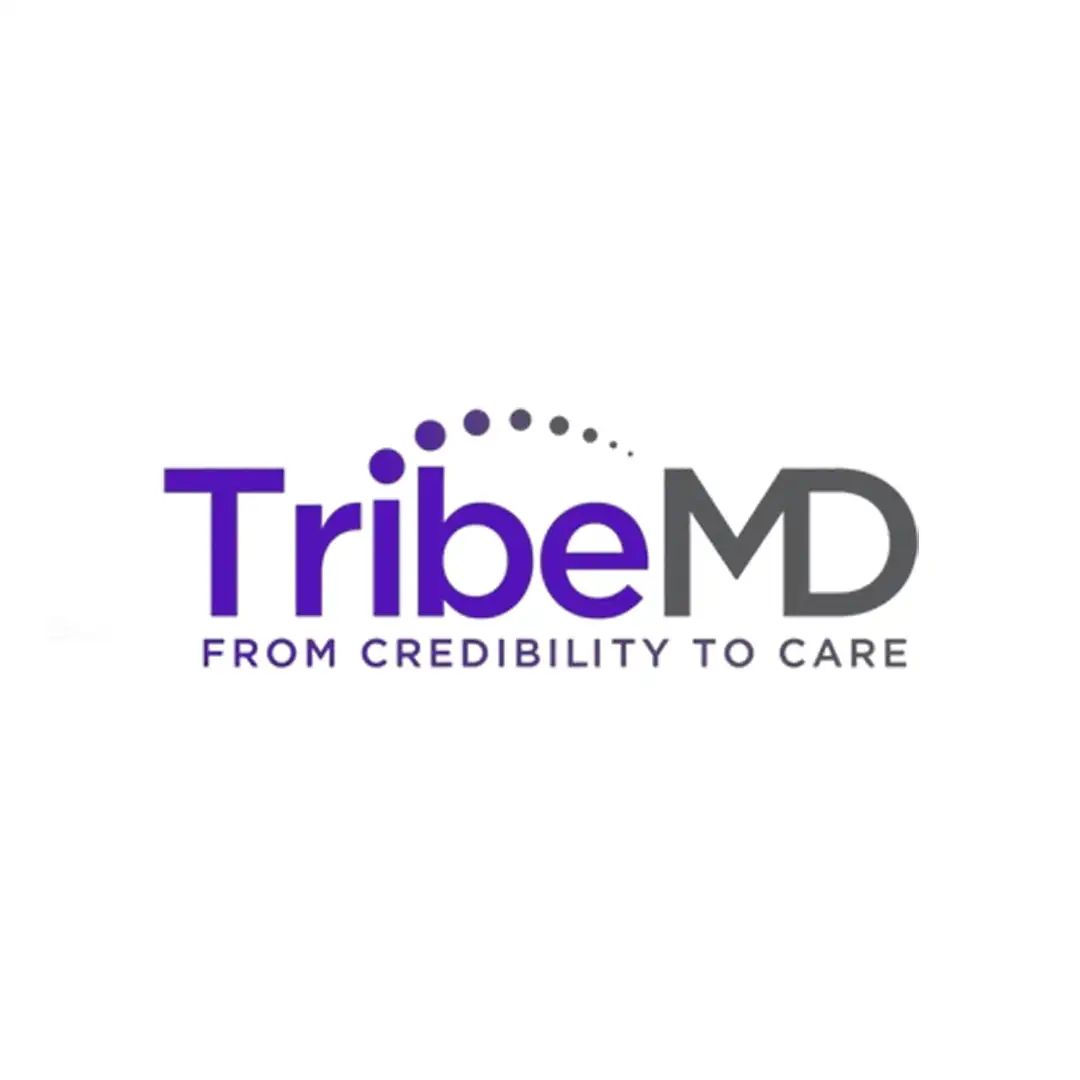
Lowering low-density lipoprotein cholesterol (LDL-C) with evolocumab, a PCSK9-inhibiting monoclonal antibody, has already been shown to significantly reduce the risk of major adverse cardiovascular events in patients with a history of myocardial infarction (MI), stroke, or symptomatic peripheral artery disease¹.
Despite these robust results in secondary prevention, there was still a gap in evidence regarding the role of evolocumab in the primary prevention of cardiovascular events in high-risk patients without previous ischemic events. To address this, the phase 3 VESALIUS-CV study was conducted as a global, randomized, double-blind, placebo-controlled clinical trial evaluating the impact of the drug in combination with statins or other LDL-C-lowering therapies on the risk of major adverse cardiovascular events (MACE)².
The trial included 12,301 patients, of whom approximately 85% were on optimized LDL-C-lowering therapy. The inclusion criteria included established atherosclerotic cardiovascular disease (but no previous AMI or stroke) and/or high-risk diabetes, LDL-C ≥ 90 mg/dL, non-HDL cholesterol ≥ 120 mg/dL, or apolipoprotein B ≥ 80 mg/dL. With a median follow-up of 4.5 years, two composite endpoints were evaluated: time to the first event of death from coronary heart
disease, AMI, and ischemic stroke, as well as an expanded endpoint that included ischemia-guided arterial revascularization. In both cases, the results were statistically and clinically significant, with no new safety alerts identified.
The complete results of the study will be presented at the American Heart Association (AHA) scientific sessions. However, preliminary data already indicate that evolocumab is the first PCSK9 inhibitor to demonstrate a significant reduction in cardiovascular events in primary prevention as well, substantially expanding the group of patients who can benefit from the therapy.
In conclusion, the findings of VESALIUS-CV reinforce the role of anti-PCSK9 (evolocumab) as a robust and safe therapeutic option in cardiovascular risk management. By demonstrating benefits in both secondary and primary prevention, the study consolidates the importance of early intensification of lipid control as an essential strategy to reduce the global burden of atherosclerotic cardiovascular disease.
Editorial note: This content was developed with the support of artificial intelligence technologies to optimize writing and information structuring. All material was carefully reviewed, validated, and supplemented by human experts before publication, ensuring scientific accuracy and compliance with good editorial practices.
Sources
- SABATINE, M. S. et al. Evolocumab and Clinical Outcomes in Patients with Cardiovascular Disease. New England Journal of Medicine, v. 376, n. 18, p. 1713–1722, 4 maio 2017
- Amgen. Landmark phase 3 trial (VESALIUS-CV) meets primary endpoints in a cardiovascular primary prevention study of 12,000 patients. Disponível em: . Acesso em: 9 out. 202




